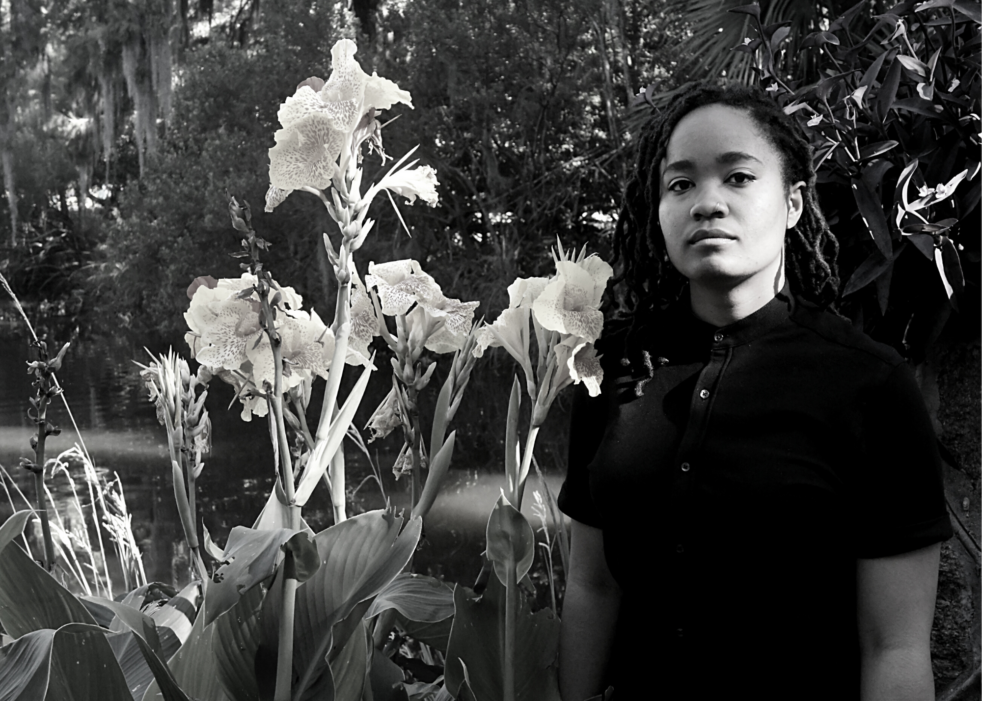Recipes for the Revolution: Meals Our Ancestors Made Possible
- Gillian Maris Jones
- School of Arts & Sciences
-
2020 Black Artists Support Grant
Responsive Opportunity Grant

Photograph by Giani Marisa Jones.
What does it mean to survive in the midst of palimpsestic traumas—anti-Blackness, Indigenous erasure, hurricanes, even a pandemic and quarantine? How do we transform the stains that trauma imprints on our memories into tools for survival? A central component of my work involves developing a theoretical framework and methodology built on Afro-Indigenous survival practices in the face of intersecting and ongoing aftermaths. This is a practice of resistance. By engaging in an experimental, auto-ethnographic praxis, I affirm that my generational knowledge and practices of resistance matter. I reaffirm my right and will to live. With this work, I am engaging in a survival practice informed by my ancestors to navigate the world in the present. Recipes for the Revolution: Meals Our Ancestors Made Possible explores these questions by expanding the parameters of creativity to include the culinary arts, nourishment, and care. Recipes, much like stories of resistance and survival, are pathways to understand how we as individuals and communities connect to our ancestors and their knowledge. Recipes are blueprints of nourishment. They are instructions written by ancestors for a future they could [not] predict. Recipes are bloodlines, family trees mapping geographies, tastes, and coveted knowledge. Food and medicinal plants are mechanisms for survival in what Christina Sharpe calls “the climate of anti-Blackness.” Because of the legacies of enslavement, settler colonialism, and genocidal practices at the hands of the state, communities of African and Indigneous descent are particularly vulnerable to the impacts of climate change. I am particularly vulnerable. Ultimately, this project is about understanding myself and the communities I come from and stand with; it is a creative process of evoking generational knowledge and survival practices passed down by my kin to endure and survive anti-Blackness, the erasure and suppression of indigeneity, and the annual threat of hurricanes in the Caribbean and along the Gulf Coast. With support from the New Sachs Program Grant, this ancestor-guided and Spirit-led cookbook will be published alongside its counterpart Revolution Redacted, to be shared with non-Black and/or non-Indigenous people. Refusal is an act of protection and guardianship; like with heirlooms, recipes might only be passed down as artifacts of knowledge for those for whom they were intended.